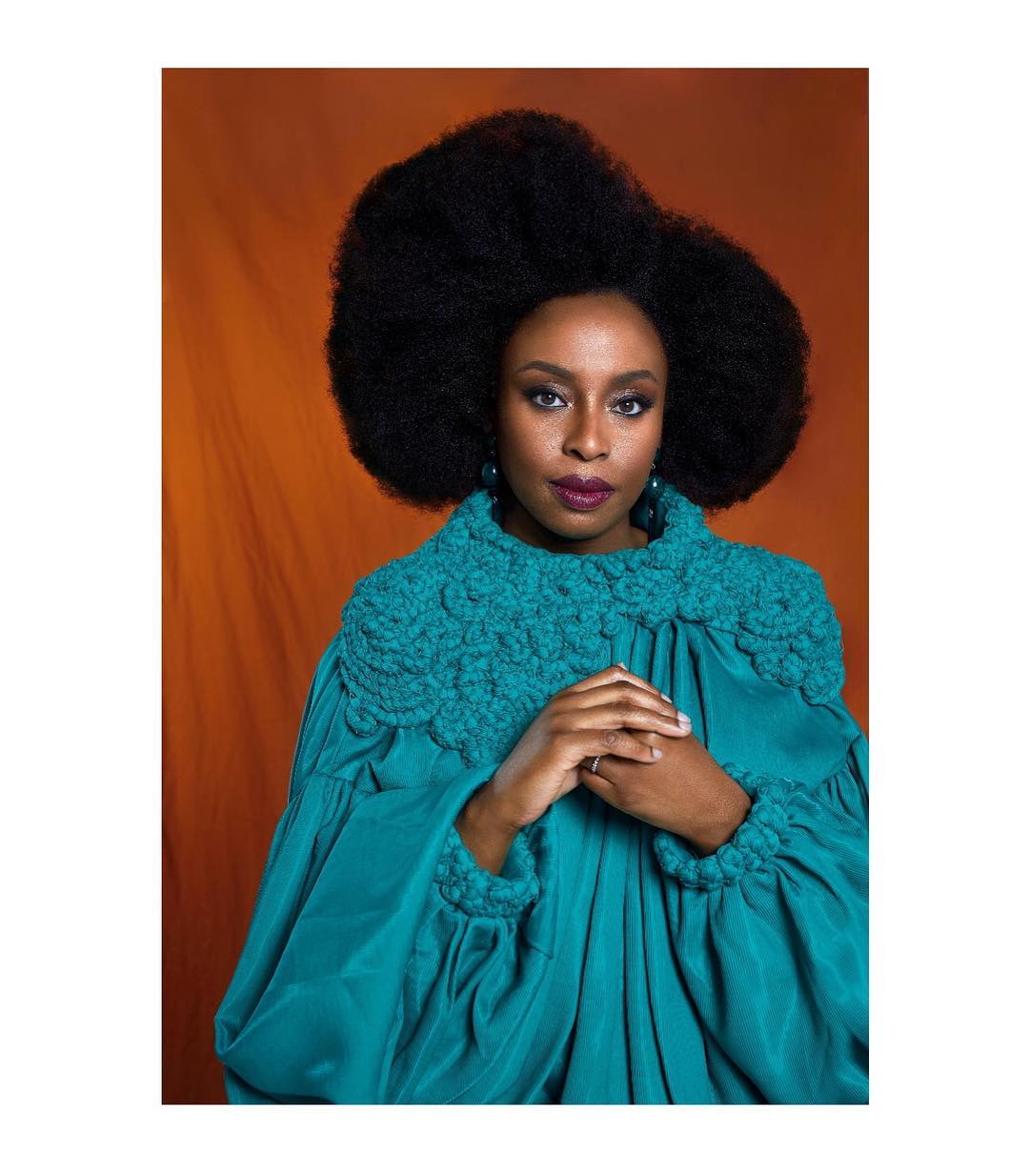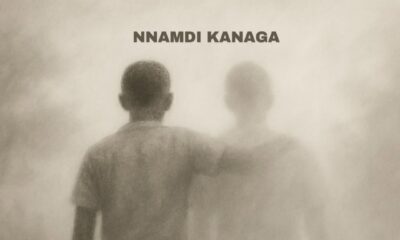Features
“If Lagos has a theme it is the hustle” – Chimamanda Ngozi Adichie’s Essay about Lagos for Esquire Magazine is a Must Read!

Novelist Chimamanda Ngozi Adichie, who has lived in Lagos on and off for a decade, is writing about life in Nigeria’s biggest city in an essay for Esquire‘s new Travel & Adventure issue.
In the essay, Chimamanda gets real about some of the negatives of Lagos.
She says, “This is a city in a rush and corners must be cut.”
She also highlights some of the positives of Lagos.
She says, “Lagos has a certain authenticity because it is indifferent to ingratiating itself; it will treat your love with an embrace, and your hate with a shrug. What you see in Lagos is what Lagos truly is.”
The essay is a great moment for Lagosians and Nigerians to reflect on the part they have to play in changing Lagos to be even better than it has been.
Here are 6 quotes about Lagos from the essay:
- “So forward-looking is Lagos, headlong, rushing, dissatisfied in its own frenzy, that in its haste it might very well sacrifice long-term planning or the possibility of permanence. Or the faith of its citizens. One wonders always: have things been done properly? Eko Atlantic City, the new ultra-expensive slice of land reclaimed from the Atlantic Ocean, has already been mostly sold to developers, and promises Dubai-like infrastructure, but my reaction remains one of skepticism. I cannot stop imagining the ocean one day re-taking its own.”
- “Lagos is expected to become, in the next 10 years, one of the world’s mega-cities, a term that conceals in its almost triumphant preface the chaos of overpopulation. Nigeria is Africa’s most populous country — one-in-five Africans is Nigerian — and Lagos is Nigeria’s commercial centre, its cultural centre, the aspirational axis where dreams will live or die.”
- “Nigeria is to Africa what the United States is to the Americas: it dominates Africa’s cultural imagination in a mix of admiration, resentment, affection and distrust. And the best of Nigeria’s contemporary culture — music, film, fashion, literature and art — is tied in some way to Lagos.”
- “If Lagos has a theme it is the hustle — the striving and trying. The working class does the impossible to scrape a living. The middle class has a side hustle. The banker sews clothes. The telecommunications analyst sells nappies. The school teacher organises private home lessons. Commerce rules.”
- “My cousin was robbed in traffic on her way home from work, a gun to her head, her bag and phone taken, and beside her people kept slow-driving, face-forward. And now she has a fake bag and a fake phone that she leaves on display in her front seat whenever she drives home, because robbers target women driving alone, and if she has nothing to give them they might shoot her.”
- “Young people complain of the dating scene. Nobody is honest, they say. Men and women perform. Everyone is looking for what is shinier and better. “Why do you choose to live in Lagos, then?” I once asked a young woman. Every time I ask this of a young person dissatisfied with Lagos, they invariably look puzzled to be asked, as though they assumed it to be obvious they would never consider leaving. Everybody complains about Lagos but nobody wants to leave. And why do I live here? Why didn’t I build my house in Enugu, for example, a slow, clean, appealing city in the southeast, close to where I grew up?”
Photo Credit: Marie Claire




















